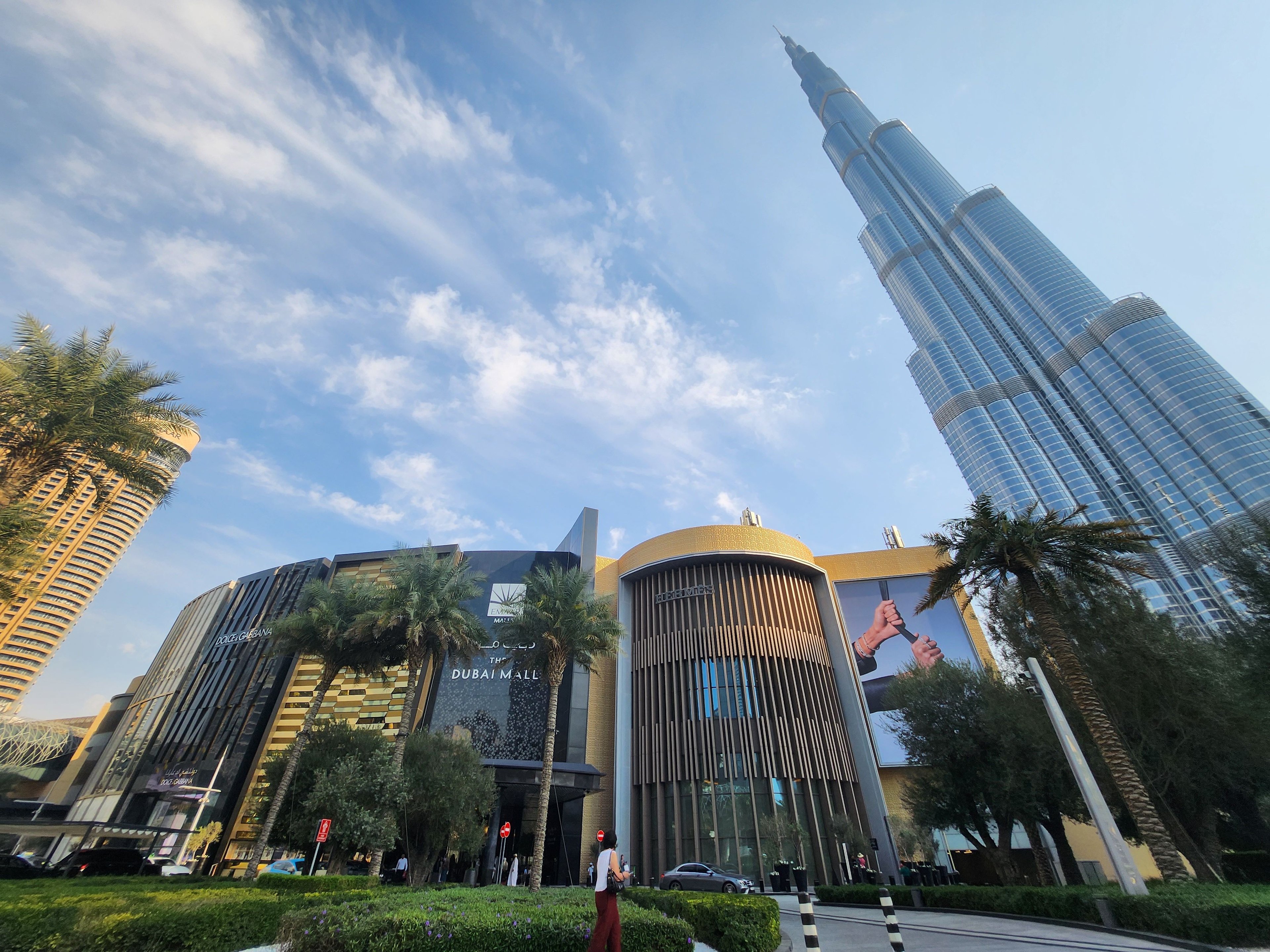
01/03/2026
Dubai Mall – area
Copy link
TwoContinents
1 October 2025
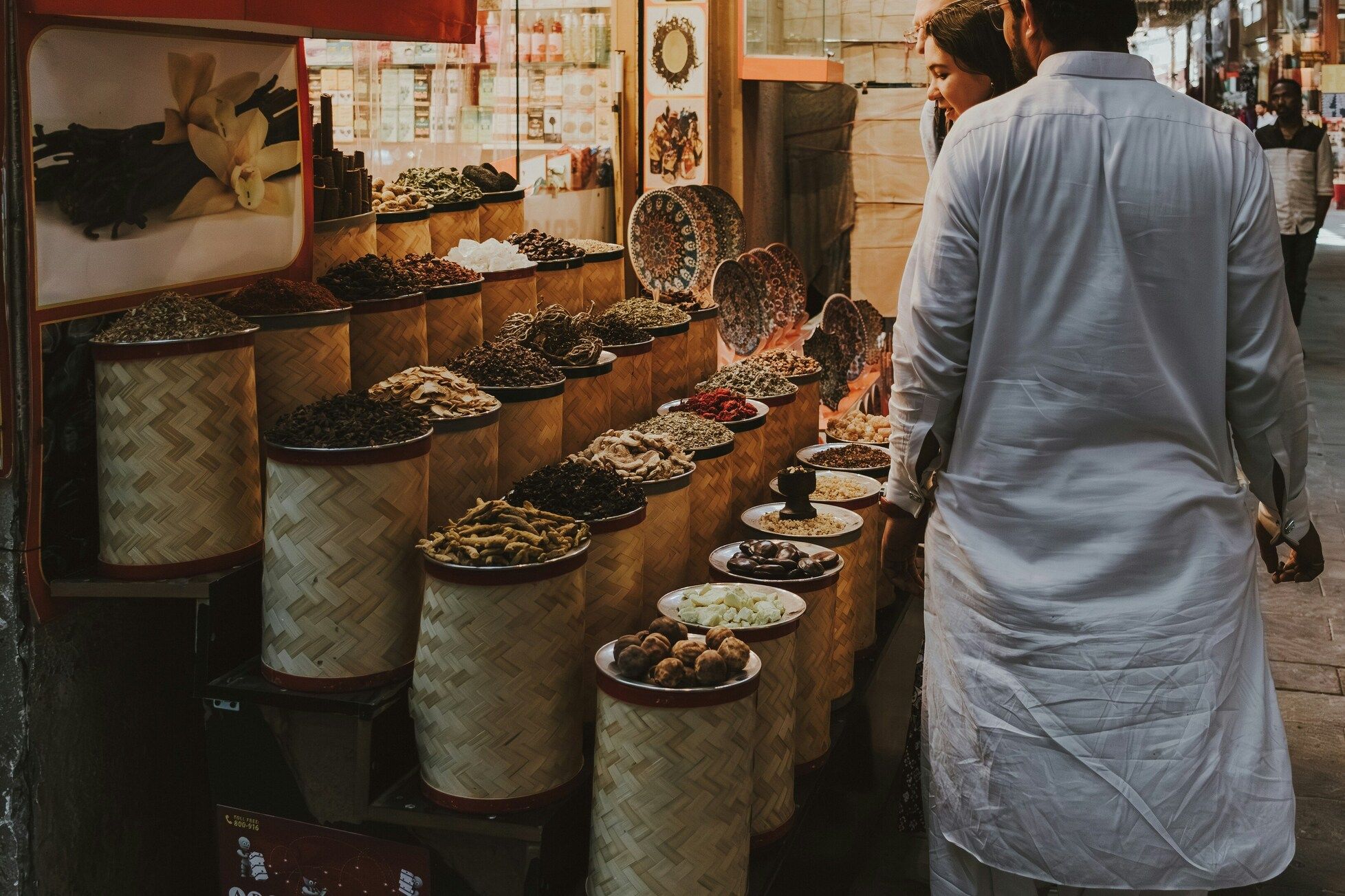
From greetings to restaurant bills, learn about UAE Arab culture step by step and explore Dubai like a local.
Planning a trip to Dubai and wondering how to behave in line with local norms? This quick guide will walk you through traditions and customs in Dubai, explain etiquette in Dubai, outline social customs, and show what everyday Arab culture in the UAE looks like. This way, you’ll avoid missteps and show respect for Arab traditions. If you want to combine knowledge with practice, also check organized trips to Dubai and places to stay in Dubai.
Dress: in public places, dress modestly (shoulders and knees covered), and for mosques—long sleeves and trousers/skirts; women are often asked to wear a headscarf. This is the basis of “fashion and dress in Dubai.” If you’re planning sightseeing combined with beach time and a mosque visit, consider ready-made trips to Dubai.
Greetings and gestures: smile and be polite; with someone of the opposite sex, wait for them to extend their hand first. Use your right hand to give/receive items and to eat. You can read more about the cultural context in the post Culture of Dubai – a guide.
Ramadan: during the fasting month, show extra respect—keep your clothing modest, be discreet with eating/drinking in public, and take advantage of open iftars.
Public places: avoid swearing, offensive gestures, and overt public displays of affection (PDA). They are penalized.
Alcohol: legal for non-Muslims aged 21+ in licensed venues; purchasing in stores requires ID (tourists usually sort this out on the spot for free). The licensing fee was abolished in 2023. Drink only in designated places.
Photography: respect privacy—do not photograph people without consent or sensitive sites (government/military/airports) without permission. Heavy fines apply.
Greetings and contact
A polite distance is standard. A man should not extend his hand to a woman first—do so only if she initiates the gesture. After a handshake, many Emiratis place their right hand over their heart—this is a sign of respect.
The right hand matters—use it to hand over business cards, money, or a cup of Arabic coffee. This is part of UAE cultural norms. You can also read about desert customs and symbols in the piece Who is a Bedouin?
Hospitality and coffee
An invitation to a majlis (sitting room) is an honor. Remove your shoes and greet elders first. When offered coffee and dates, try at least a symbolic amount of everything.
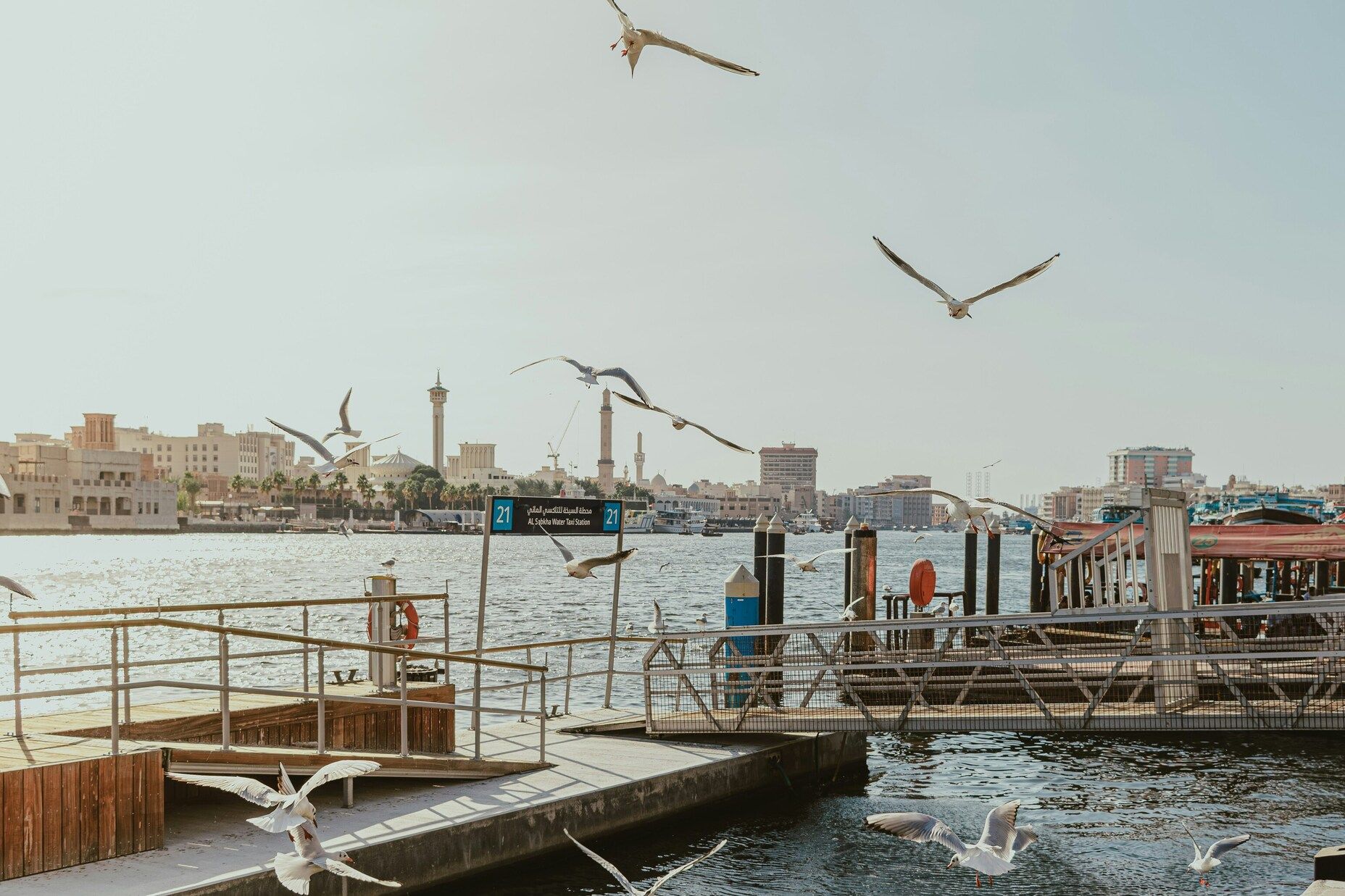
Streets, souks, offices, malls: the “shoulders and knees covered” rule always works (for both genders).
Beaches and pools: swimwear is OK only on the beach/pool or in a spa—don’t walk through lobbies and malls in a bikini. Beaches/beach attractions—link to the appropriate “things to do in Dubai” subpage.
Mosque (e.g., Jumeirah Mosque): long trousers/skirts and sleeves; women—head covering. Appropriate clothing is usually available to borrow on site for free.
This is a practical tourist translation of what’s set out by Islamic customs in Dubai and “etiquette in Dubai.” When planning your day, the places to stay in Dubai section will help (choose a hotel close to key sights).
Public displays of affection (PDA): hand-holding by married couples is tolerated, but kissing/petting may result in a fine and, in extreme cases, criminal charges.
Profanity and gestures: swearing, offensive comments or gestures (including online) are punishable—fines are possible, even deportation. This is an important element of UAE cultural norms.
Photography and privacy: don’t photograph strangers without consent; avoid government/military/airport facilities without permission—cybercrime laws provide for severe penalties. For safe shots, choose locations from the attractions in Dubai list.
In restaurants: eat with your right hand, don’t reach over others’ plates; alcohol only in licensed venues. Tipping: 5–10% (if service isn’t already included). How to behave at the table in Dubai? More calmly and politely, without raising your voice.
Mosque: keep quiet, silence your phone, and remove shoes before entering. It’s worth joining a guided tour at Jumeirah Mosque—a great way to learn about Arab culture in the UAE. Jumeirah Mosque – link to the appropriate subpage.
If you want to handle planning and bookings in one place, see trips to Dubai.
Who can drink and where? Non-Muslims aged 21+ may legally drink in licensed hotels, bars, and restaurants. Drinking “on the street” or being intoxicated in public is punishable.
Purchases in stores (MMI / African+Eastern): residents need a (free) license; tourists usually sort it on the spot—your passport is enough, and the retailer will issue a free permit/registration with your first purchase. Always carry ID.
Tax and fees: as of January 1, 2023, the 30% alcohol sales tax and licensing fees were abolished in Dubai. This does not change the fact that drinking is allowed only in designated places.
During the holy month:
Dress more modestly than usual (shoulders/knees covered).
Limit eating and drinking in public to places that serve non-Muslims; many hotels/restaurants remain open.
Join an iftar—it’s a great cultural experience where you’ll meet native Dubai residents.
The UAE has zero tolerance for drugs; some medications (e.g., those containing codeine) are controlled. Check the official lists before arrival and—if needed—carry a prescription/notification. What’s worth knowing before traveling to Dubai? Consult the official MOHAP/government portal lists.
Clothing too revealing in a mall/office → carry a light cover-up for quick “modesty.”
Selfies with strangers without asking → always ask for consent.
Loud behavior or arguments in public → stay calm; raising your voice may be seen as disrespectful.
Drinking alcohol outside licensed venues → heavy fines; drink only in licensed bars/restaurants/hotels.
Ignoring photography rules at government/airport sites → check in advance whether it’s allowed.
What are the most important Arab customs in Dubai?
Polite greetings; in mixed-gender interactions, the woman initiates the first gesture; passing items with the right hand; respect for elders and guests; moderation in behavior; and attire appropriate to the place (especially in mosques and government offices).
How should I dress in Dubai according to local customs?
In public, cover shoulders and knees (both genders). Swimwear is for the beach/pool only. For mosques—long trousers/skirt and sleeves; women should also wear a headscarf.
Are there restrictions on alcohol in Dubai?
Yes. For non-Muslims aged 21+, alcohol is allowed only in licensed venues (hotels, bars, restaurants). Drinking “on the street” and being intoxicated in public are prohibited. Purchases at MMI/African+Eastern require ID (tourists usually use a passport).
How should I behave in restaurants and during a mosque visit?
In restaurants: speak calmly; tipping (though not mandatory) is 5–10%. In mosques: dress modestly and silence your phone; it’s worth joining a guided tour (e.g., Jumeirah Mosque).
See other news

01/03/2026
Dubai Mall – area
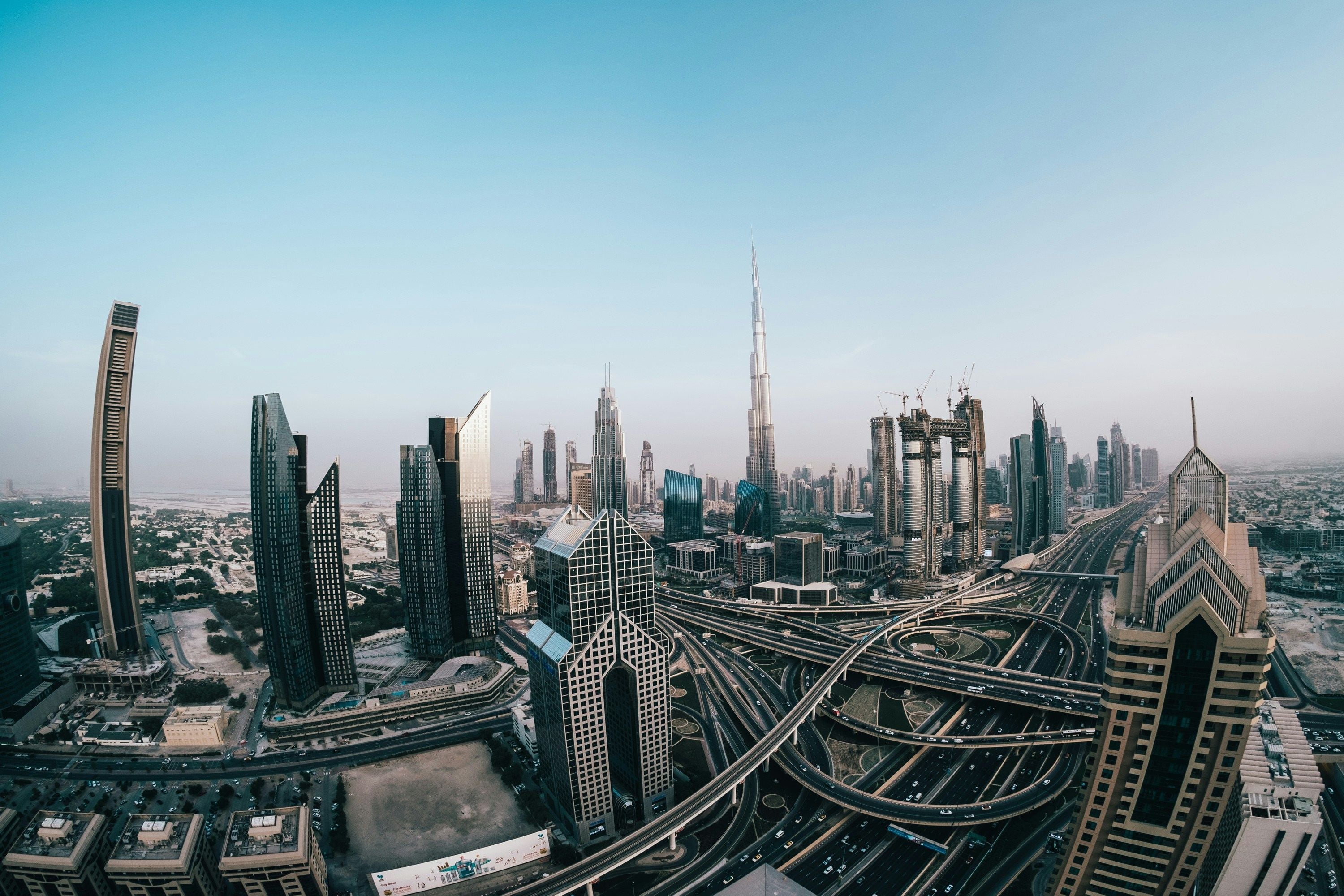
01/03/2026
Burj Khalifa – which floor to go to?
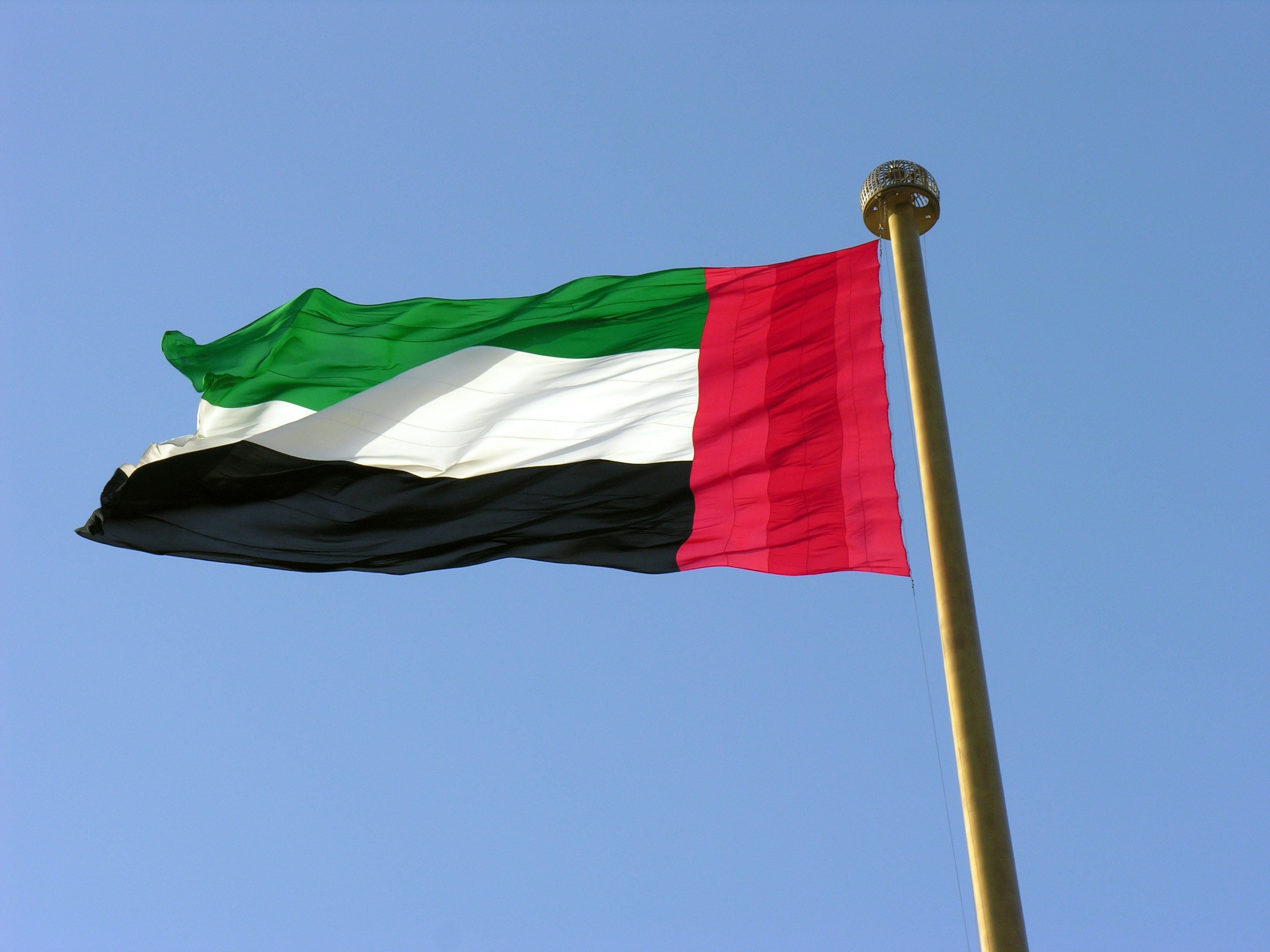
01/03/2026
United Arab Emirates - a guide for tourists
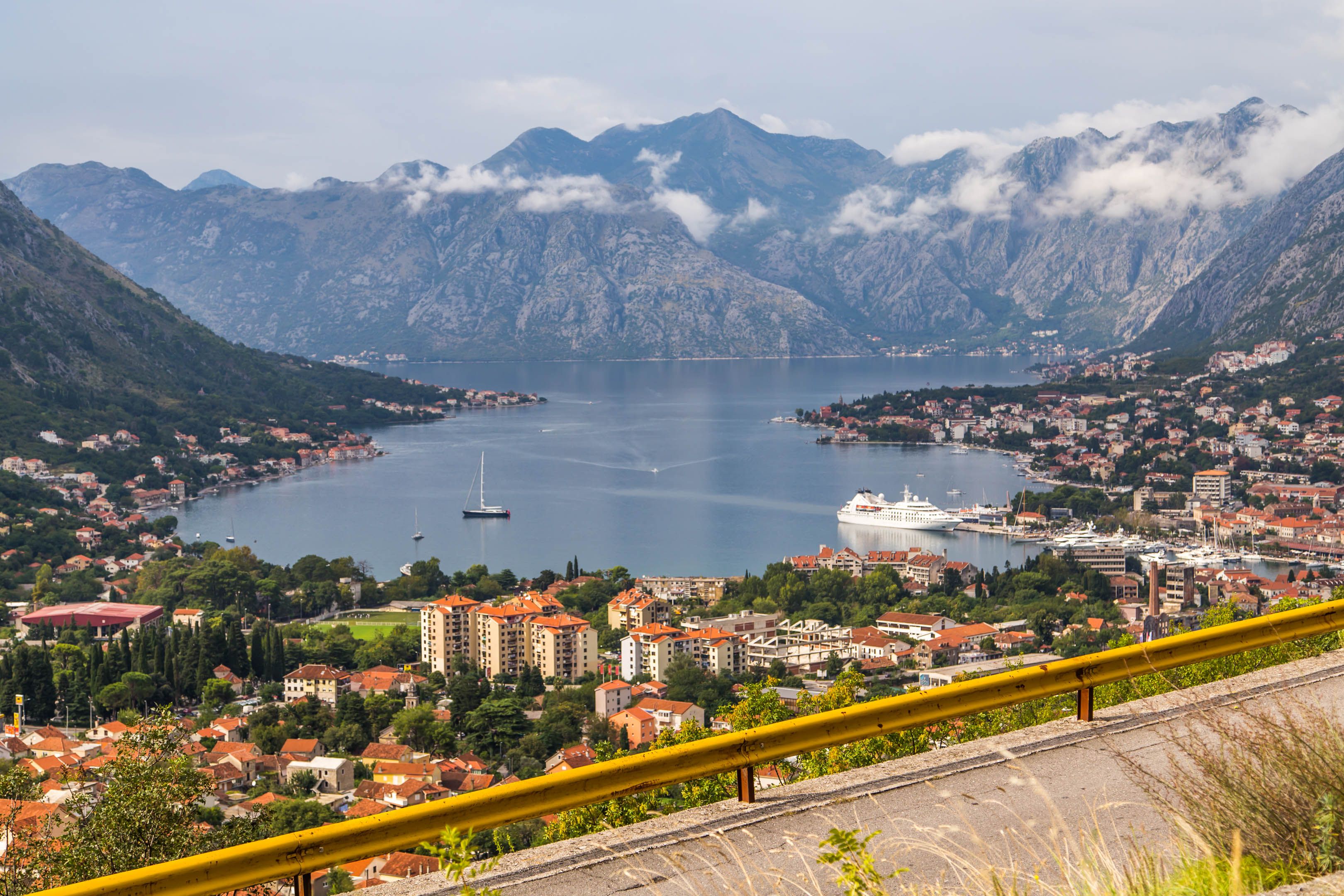
28/02/2026
No more expensive internet in the Balkans? EU roaming on the way!
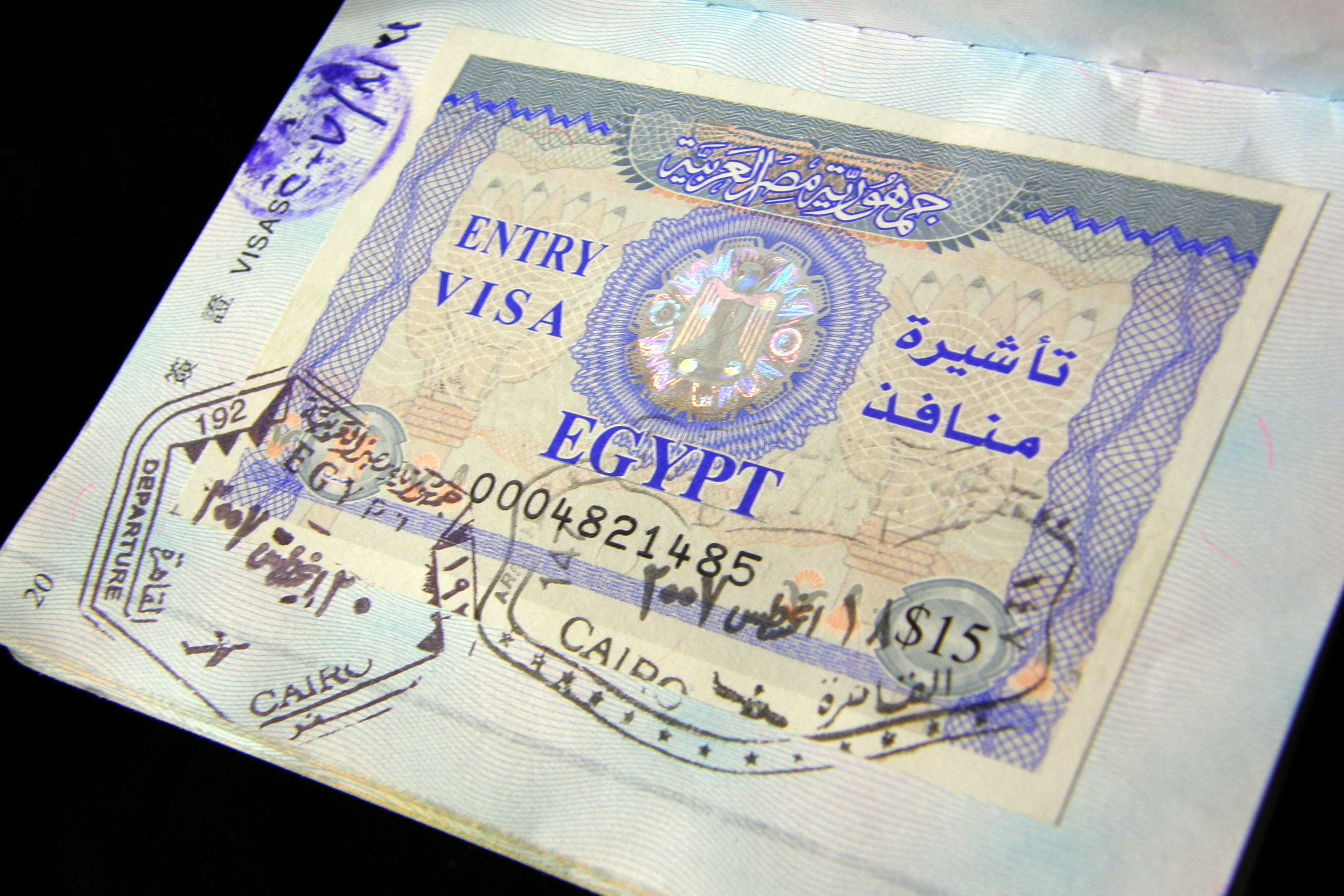
28/02/2026
From March visas to Egypt will be $5 more expensive

28/02/2026
Krakow finally obtains environmental approval for the construction of a new runway
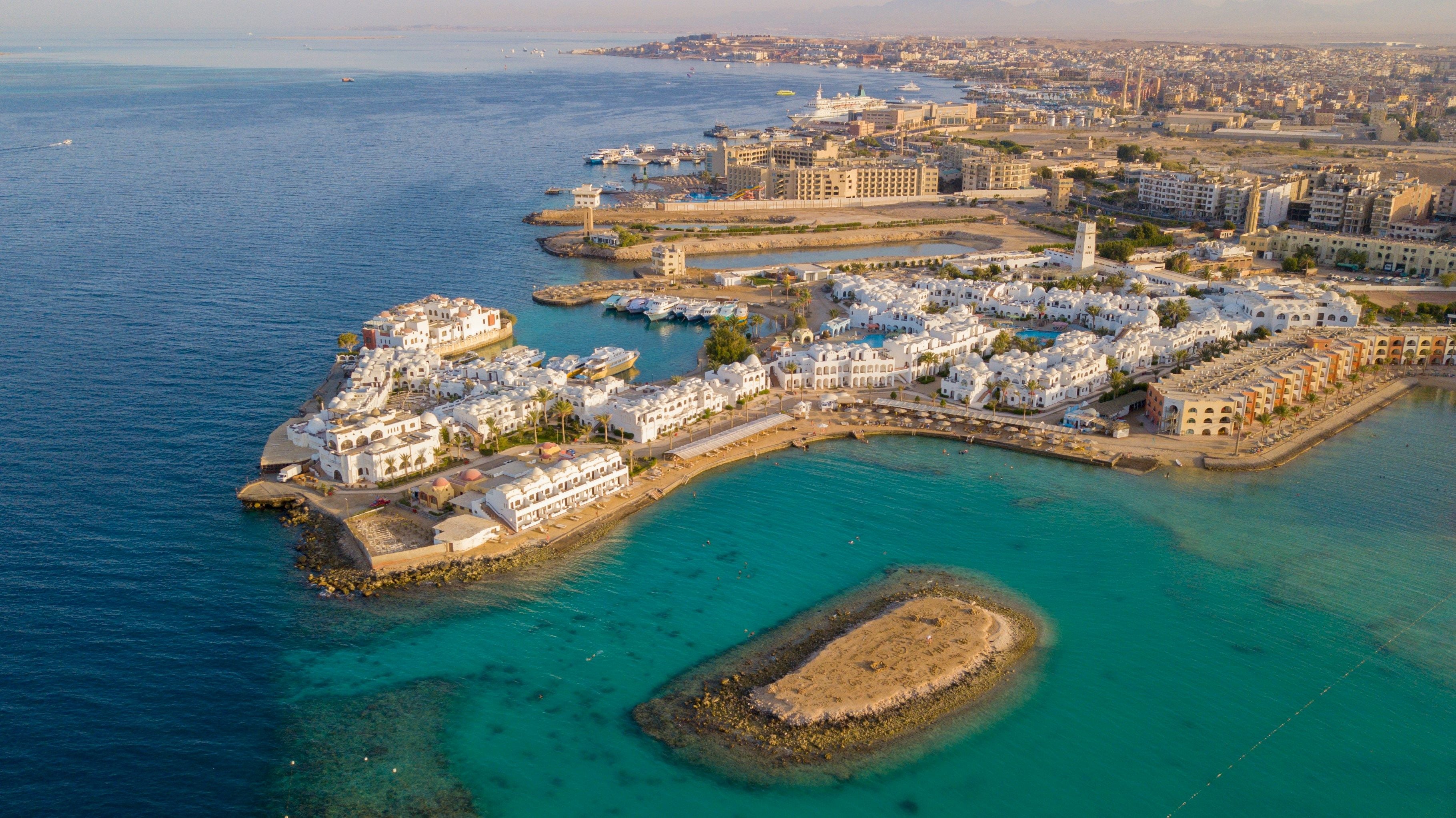
28/02/2026
Corendon Airlines will fly from Warsaw and Katowice to Hurghada
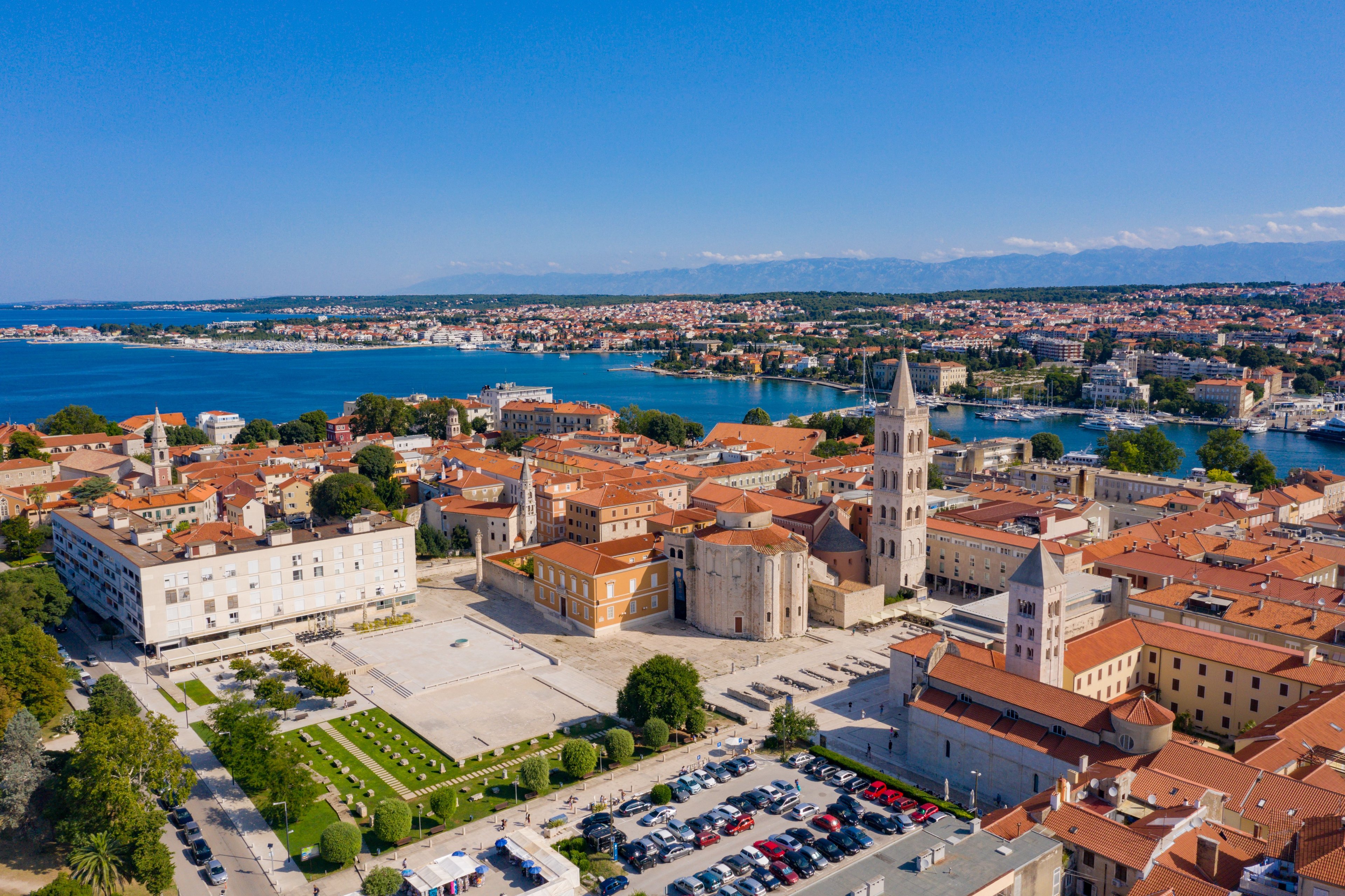
28/02/2026
Wizz Air has announced the launch of a new route from Warsaw to Zadar

26/02/2026
Making money from short-term rentals in Dubai
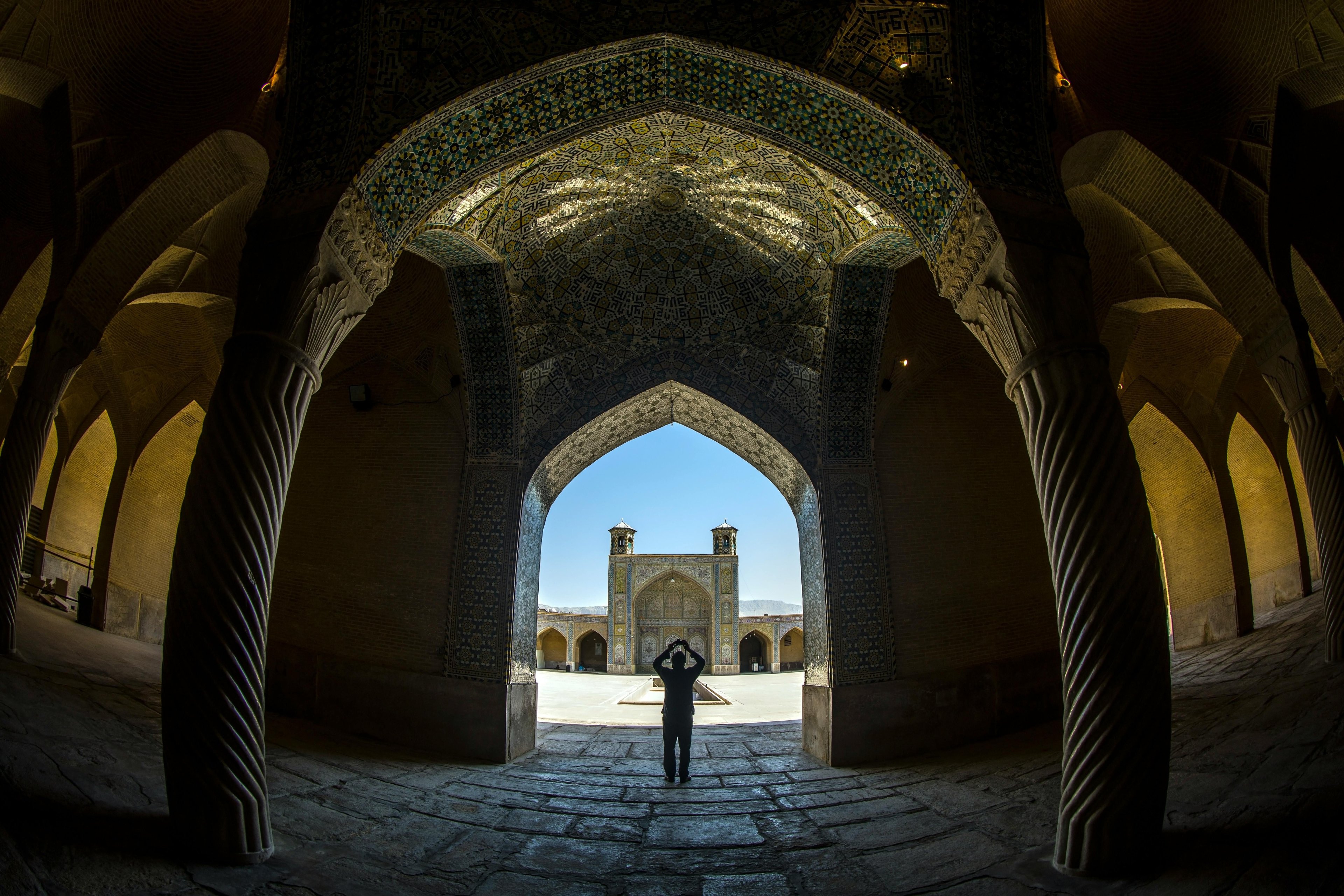
26/02/2026
No more travelling around Iran on your own